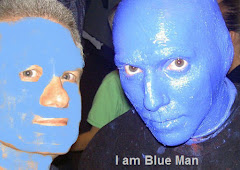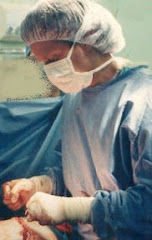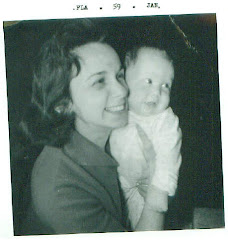My "Tara" experience came early in my psych experience. "Tara" is the character played by Toni Collette on "The United States of Tara", the 
It became apparent very quickly that I was totally ill prepared for the Tara experience with my Barbara Bates (Hx and PE textbook author), linear, history and physical examination style. There is nothing linear about the "new patient" work-up of a multiple, particularly as the personalities come out and interject, or worse, correct each other. Such was my experience.
I sat with Joan, Jane, John and some other un-named personalities for a long time hearing the history, fact, details, summaries, ranting, ravings, lies, delusions and such. It was the most entertaining hour I've ever spent in medicine and I'm a better provider for it. But my real conundrum as a provider came the moment I sat, pen hovering over the progress note page, and tried to write this encounter up in some manner that was intelligible and demonstrated my expertise as a medical professional:
"Personality #1 (called herself Jane) related a history of sexual abuse at the hand of her father and noted no other physical, verbal, emotional, financial or sexual abuse history. Personality #2 (Joan, deeper voice with faster cadence and visible tremor left hand) immediately corrected "Jane" and noted that she had been financially abused by a Texan with a big car just a few day before this visit. Personality #3 (John) then noted that Jane was Jealous, and that Jane and John were really wanting the Texan's money..."
And so it went. And who was Jealous? John was actually talking about another personality, within a personality. Apparently personalities can have names of emotions too...a variant presentation.
I have to admit, I felt a bit hoodwinked but still entertained. That's the thing about Psychiatry in general. There are no blood tests or real objective testing for many of the diseases we encounter. Such is the case with MPD, now DID. The interview is all we have. And if it is, we are totally unprepared. At least I am. But then, that was the best afternoons so far. No wonder Tara is a hit show on Showtime.







